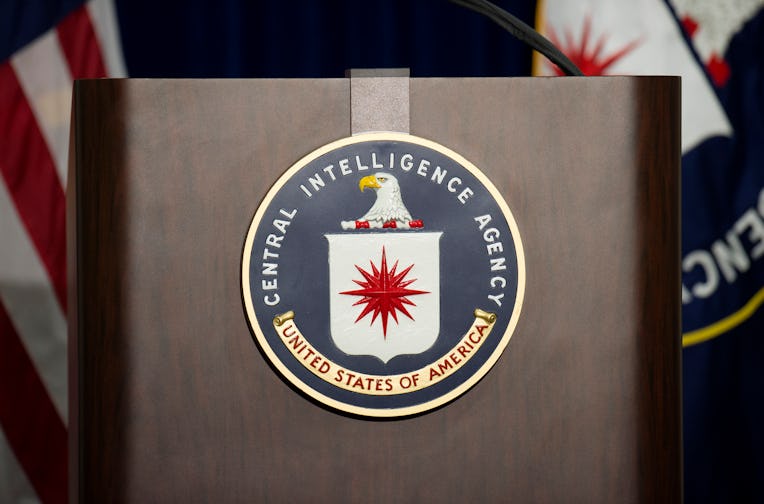C.I.A. Plagued by Sloppy Work Ethic and Mismanagement Just Like All Workplaces
It’s a living!

The C.I.A. has lost dozens of informants — to death, to arrest, or to double-crossing — in the last several years, the intelligence service warned internally in a recent “top secret” cable that was then immediately leaked to the New York Times.
Some of the C.I.A.’s informant problems are probably somewhat unique to the nature of running a tool for U.S. imperialism: officers being tracked by rival foreign intelligence services using such technology as facial recognition and artificial intelligence, sources being hunted down and turned into double agents for other countries, and those double agents then feeding disinformation to the C.I.A. Also, the threat of capture and/or death, etc.
But several of the agency’s issues appear to be universal to all workplaces. For instance, the internal memo suggests, operatives have a problem with prioritizing “mission over security” when they recruit informants too quickly without paying enough attention to counterintelligence risks, which seem like risks to which the CIA should perhaps be paying attention.
And there’s this part, per the Times: “Recruiting new informants, former officials said, is how the C.I.A.’s case officers — its frontline spies — earn promotions. Case officers are not typically promoted for running good counterintelligence operations, such as figuring out if an informant is really working for another country.” Classic corporate mistake. I’m not a human-resources employee or an intelligence operative, but even I know that when it comes to job referral problems, you have to build in a stipulation that the new hire must succeed at their role for at least a set period of time before the employee who referred them gets a bonus.
“Sometimes there are things beyond our control but there are also occasions of sloppiness and neglect and people in senior positions are never held responsible,” Douglas London, a former C.I.A. operative-turned-published book author, told the Times. You don’t have to tell me twice about company higher-ups never having any accountability while the little guy toils away, Doug.